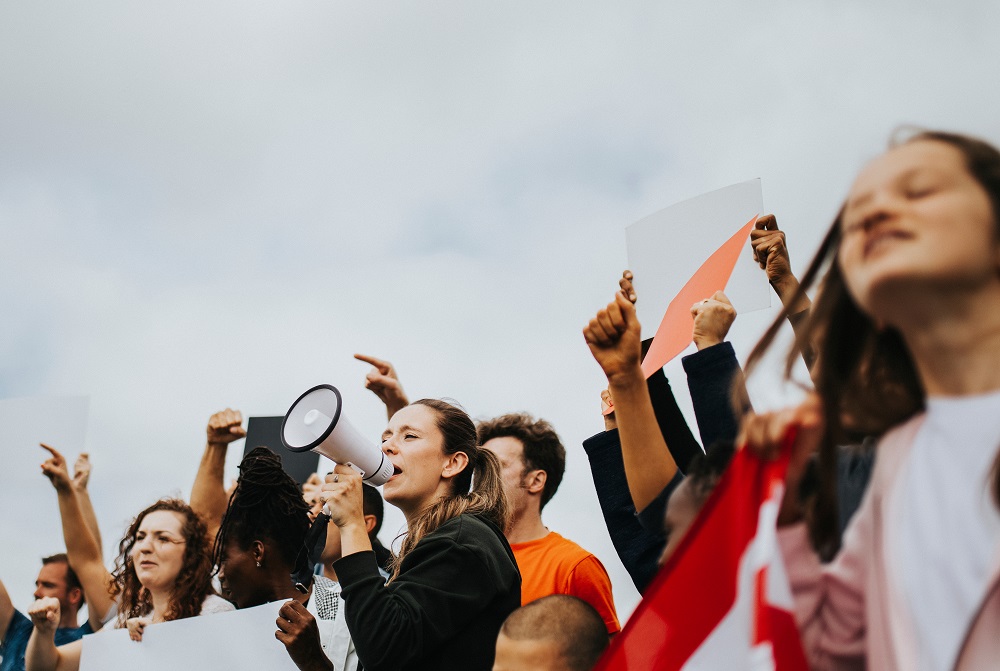At Braver Angels, we talk a lot about civility. But what does civility mean?
Civility isn’t just a desire to find common ground, or to bury our differences and sing “kumbaya” with people who disagree with us. It’s not a desire for ideological unity, a jettisoning of our core convictions, or a refusal to engage in healthy conflict.
Here’s what civility means to me.
1) If I want to criticize Critical Race Theory (for instance), then I need to read books and listen to TED talks by the most prominent supporters of CRT. I want to grapple with the best reasons that someone might support CRT, not the worst; and also get an accurate picture of what proponents like Robin DiAngelo and Kimberlé Crenshaw truly believe.
2) I won’t spend a lot of time reading or citing other critics of CRT. I want to avoid a game of telephone i.e. “I think that CRT is bad, and I’ll define CRT according to how this other critic defines it.”
Rules 1 and 2 are part of what Braver Angels calls “accurate disagreement.” In a republic, we the people should disagree vociferously. But we should also disagree accurately. We should try to learn what the other side thinks, and we should get this education from the horse’s mouth. Abiding by these two rules can help us to have more productive conversations on contentious topics, because it reduces the extent to which we all talk past each other.
3) Be hard on ideas and soft on people. I strongly disagree with most of the tenets of CRT, because Critical Theorists are pretty explicitly anti-Enlightenment and I am not. But when I read their books, I get the sense that CRT proponents like Richard Delgado and Jean Stefancic are good, decent and smart human beings who just want to make their communities and their country a better place.
4) Whenever possible, I’ll mention the good ideas that an ideology brings to the table. Few ideologies are monolithically bad (though some are) and I want to acknowledge these shades of gray and also give credit where it’s due.
Of course, all of this sounds like a lot of work. What’s the point?
The first benefit of civility is that it reduces affective polarization. A world in which we hate every member of the other team is bad, both for our country and for ourselves as human beings. Accurate disagreement and seeing the good in our opponents’ views can help us forge a healthier union.
But there’s another benefit that’s not talked about enough: civility makes it possible to have bigger and better conversations. When we’re civil, our discussions get more rigorous and more intense, because we’re discussing bigger things—the future of civilization and what it means to forge a more perfect union—rather than mudslinging at our political opponents. When we spend less time and energy throwing insults and attacking the other side, we free up those resources to have the conversations that really matter..
For me, this second benefit of civility is summed up in one of my favorite lines from the old TV show The West Wing, by Leo McGary: “We’re gonna raise the level of public debate in this country. And let that be our legacy.”
So let’s all disagree a little more rigorously. And a little more civilly. But I repeat myself.




